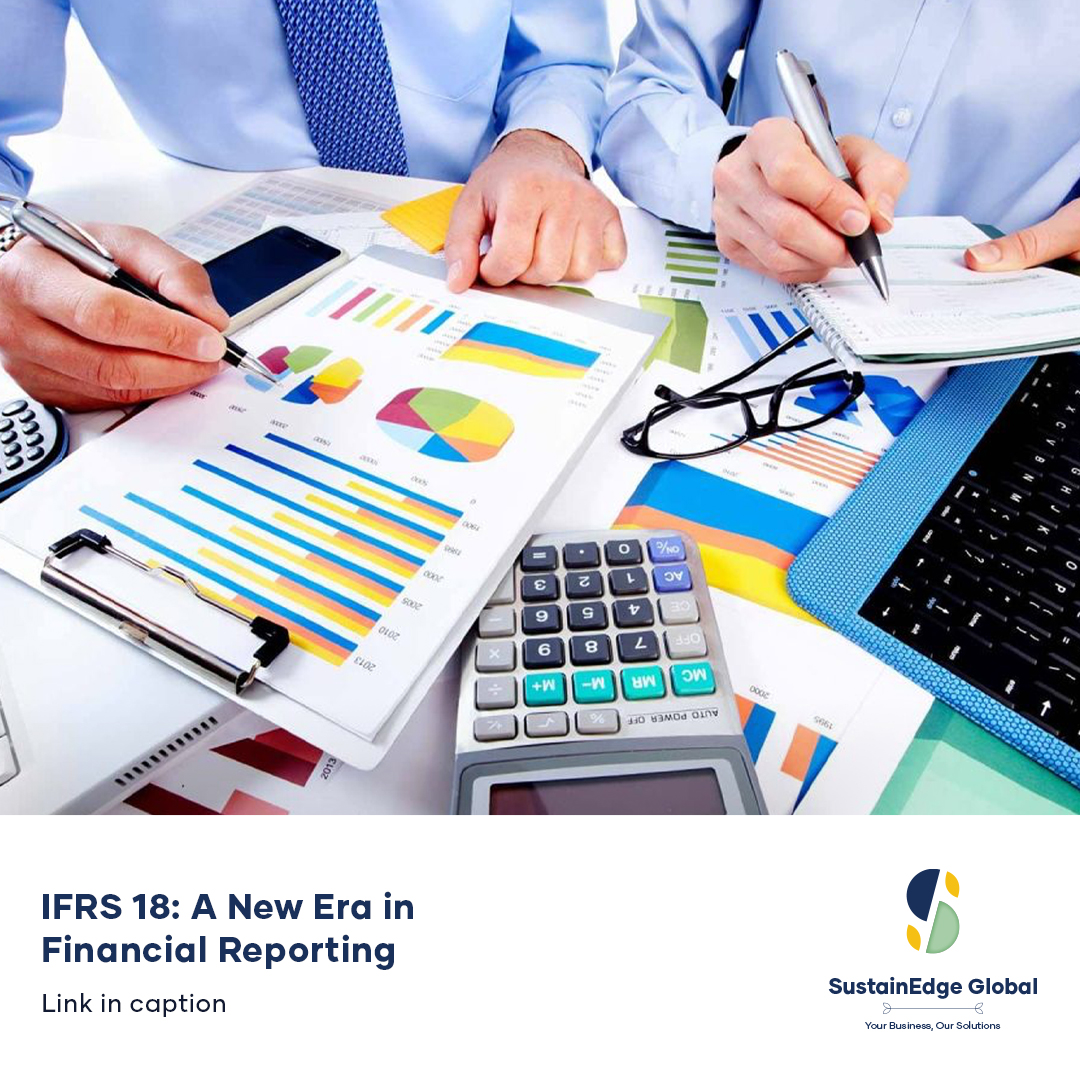The International Accounting Standards Board (IASB) has introduced IFRS 18, a groundbreaking standard aimed at enhancing the presentation and disclosure in financial statements. Effective from January 1, 2027, IFRS 18 promises significant improvements in how companies report their financial performance, thereby offering investors more transparent and comparable information. This blog delves into the major changes introduced by IFRS 18, its benefits, particularly for SMEs, and the challenges that companies may face during implementation.
Major Changes Introduced by IFRS 18
1. Defined Categories for Income and Expenses
– IFRS 18 introduces three defined categories for income and expenses: operating, investing, and financing. This structured approach standardizes the presentation of the income statement, enhancing comparability.
2. New Subtotals
– Companies are required to provide new defined subtotals, including operating profit. This change gives investors a consistent basis for analysing companies’ performance.
3. Enhanced Transparency of Management-Defined Performance Measures
– Companies must disclose explanations of management-defined performance measures related to the income statement. This improves the transparency and reliability of these measures.
4. Better Grouping of Information
– IFRS 18 provides enhanced guidance on organizing information in financial statements. This ensures the information is neither too summarized nor too detailed, helping investors find and understand the information they need more easily.
Benefits of IFRS 18
1. Improved Comparability
– The standardization of income and expense categories, along with new defined subtotals, will make it easier for investors to compare companies’ financial performance. This enables investors to understand and get a clear understanding of the year-on-year growth/ degrowth for informed decision making
2. Greater Transparency
– Enhanced disclosure requirements for management-defined performance measures will provide investors with more transparent and reliable information.
3. Better Information Organization
– Improved guidance on how to organize information will help investors find the necessary details without getting overwhelmed by either too much or too little information.
Additional Benefits for SMEs
1. Simplified Reporting
– SMEs may benefit from simplified and more standardized reporting requirements, making it easier to prepare financial statements.
2. Enhanced Credibility
– Improved transparency and comparability can enhance the credibility of SMEs’ financial statements, potentially making it easier to attract investors and secure financing.
Challenges
1. Implementation Costs
– Companies, especially SMEs, may face significant costs in updating their reporting systems and processes to comply with the new standards.
2. Training and Education
– There will be a need for extensive training and education for accounting professionals to understand and implement the new requirements effectively.
3. Initial Complexity
– The transition to the new standard may initially be complex as companies has to restate the comparative information for the prior as per the requirements of IFRS 18, along with the applicability of IAS 8 and adapt to the new requirements and ensure compliance.
Conclusion
IFRS 18 represents a significant advancement in financial reporting, promising enhanced clarity, transparency, and comparability. While the transition may pose challenges, the long-term benefits for investors and companies alike make it a worthwhile endeavour. For SMEs, the simplified and standardized reporting can open new avenues for growth and investment.
At SustainEdge Global, we are committed to helping businesses navigate the complexities of financial reporting standards. If you have any questions about IFRS 18 or need assistance with its implementation, contact us today for expert guidance and support. Let’s work together to ensure your financial statements meet the highest standards of transparency and comparability.




